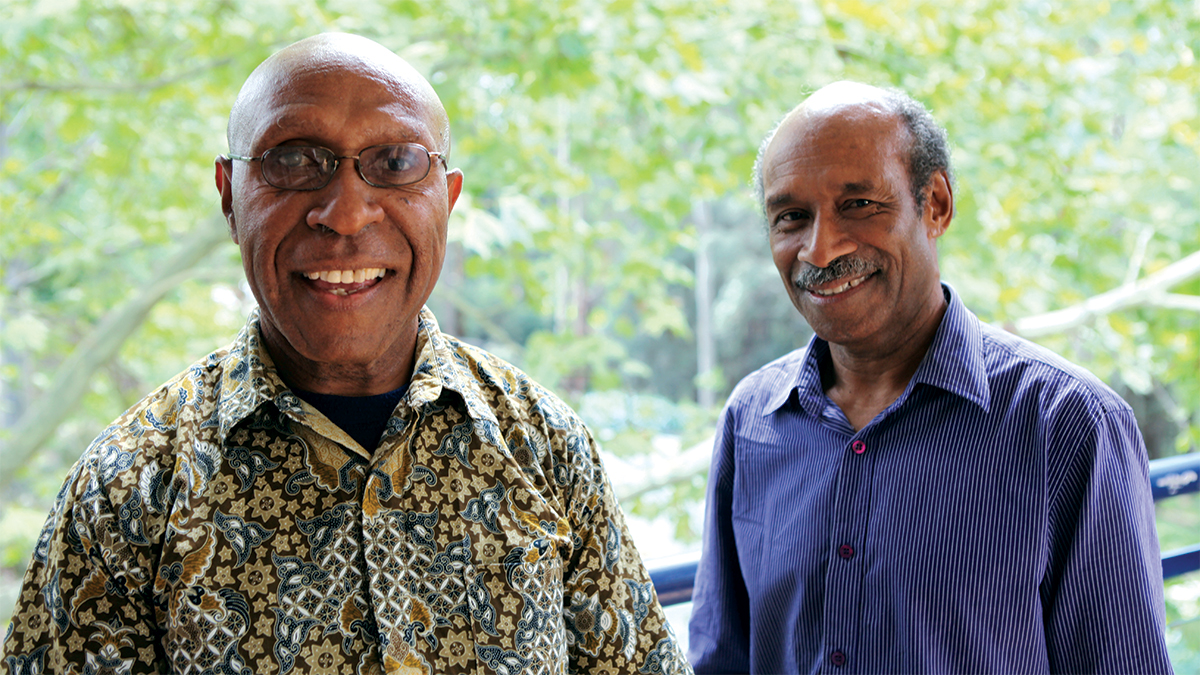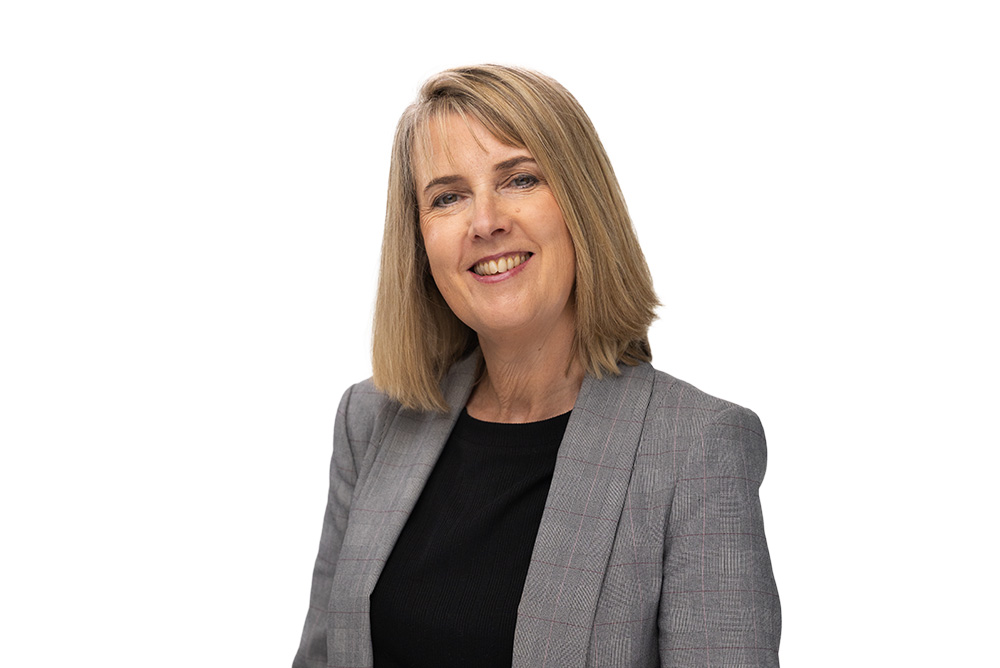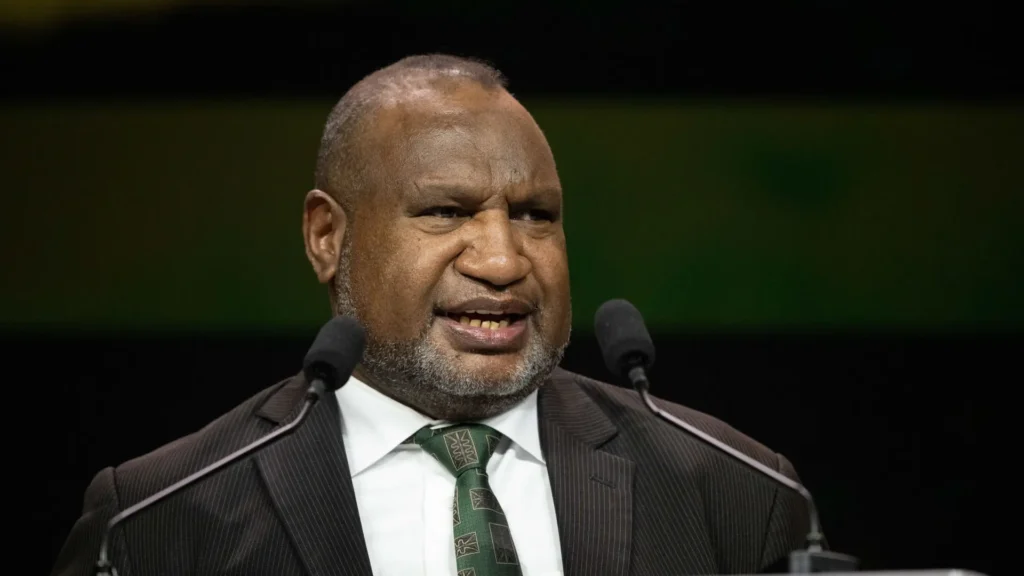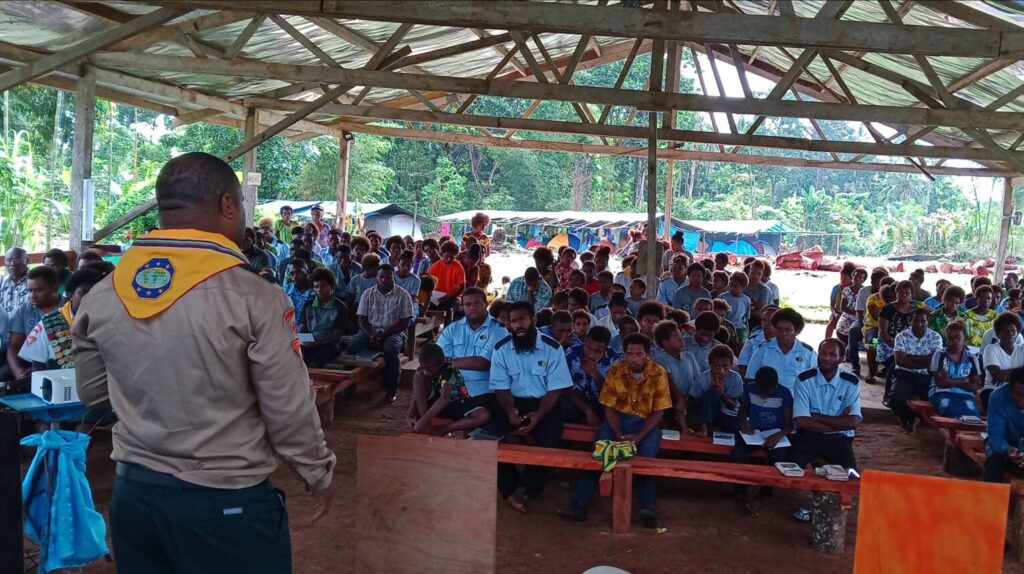Seventh-day Adventist schools in Papua New Guinea (PNG) are bursting at the seams as increasing numbers of parents want their children to experience the benefits of Adventist education.
It’s not uncommon for classes to have 60 students, or sometimes as many as 80, creating a challenging environment and increased workloads for teachers. Classrooms, toilets and other facilities are inadequate for the sheer number of students.
Papua New Guinea Union Mission education director Jim Yawane said the number of enrolments at Adventist schools has soared from about 4000 eight years ago to 26,000 in 2017.
One school, built for 400 students, has more than tripled its enrolment to 1300 students. With the dormitories full, students without beds have resorted to rolling out mats on the floor to sleep on.
At Sonoma Adventist College, a tertiary institution, final year ministerial students who were late to register were told there was no accommodation left. Disappointed but not prepared to give up, the students built their own humble living quarters—shacks made from balsa wood and bush materials on the outskirts of the campus—so they could complete their studies.
Government policies and funding shortfalls account for some of the reasons behind the challenges faced by PNG’s education system.
Mr Yawane said many schools, both government and non-government, are experiencing cash flow problems and are reliant on government funding for infrastructure. Recently the government introduced a fee free system, which also applies to Adventist schools, aimed at guaranteeing every child an education. The government promised to cover the tuition costs for each child, but there have been shortfalls.
“On paper it looks good but it’s not working in reality,” Mr Yawane explained. “The government has not been able to give all the money they are supposed to give.”
Limiting the number of students is an option. But it’s not easy for principals facing parental pressure to enrol their children. “When they come and they look in your eyes, it’s hard to turn them away,” Mr Yawane said.
The principals are also reluctant to preclude any child from experiencing the positive influence of Adventist education.
“We look at our institutions as our mission field,” Sonoma principal Dr Isako Esekia said. “That is the way we look to bring our young people to come to know Christ. We see it as an opportunity. It’s a good problem.”
The schools are committed to the discipleship approach, recently introducing The Bible Summary Project. It encourages students to read a chapter from the Bible every day, summarise it and share it with another student. Interestingly, it’s having a positive flow-on effect to other areas of school life, with improvements observed in student behaviour, grades and reading since the program began. [pullquote]
Mr Yawane said the increasing student enrolment is also an opportunity for evangelism. About 60 per cent of students are from non-Adventist homes.
“We are working with the evangelism department to send in evangelists to schools twice a year to run evangelistic crusades,” he said.
Adventist schools are also working hard to improve quality and educational outcomes. A vocational skills training program has been revived at a number of schools, with students able to earn a certificate for on-campus work such as farming, cooking and cleaning.
While there is much work to be done they remain optimistic, confident in the knowledge that God is in control.
“There are always challenges but it creates opportunities for God’s work to move,” Mr Yawane said.
The Adventist Church operates 96 primary and 11 high schools in Papua New Guinea, along with Pacific Adventist University, Sonoma Adventist College and the Omaura Adventist School of Ministry.






